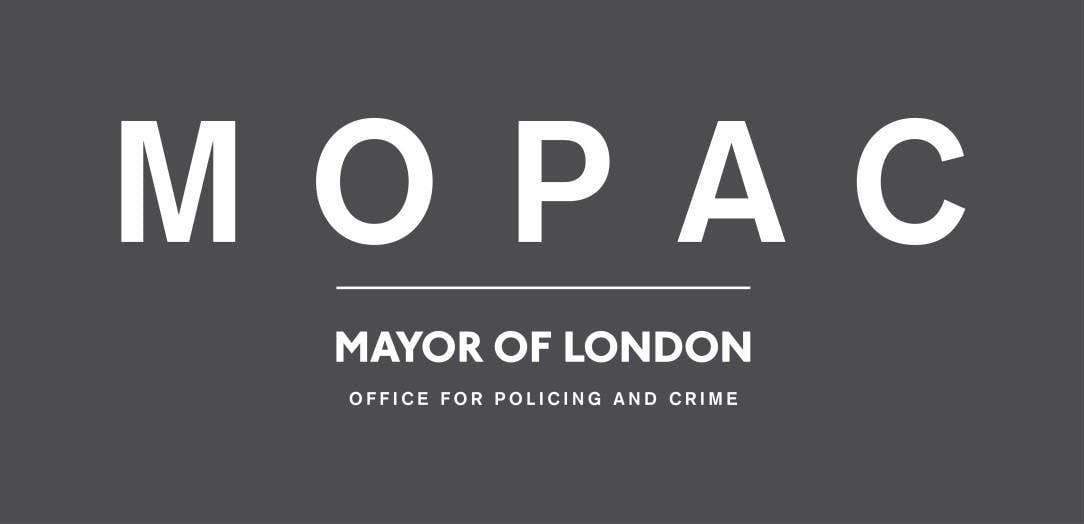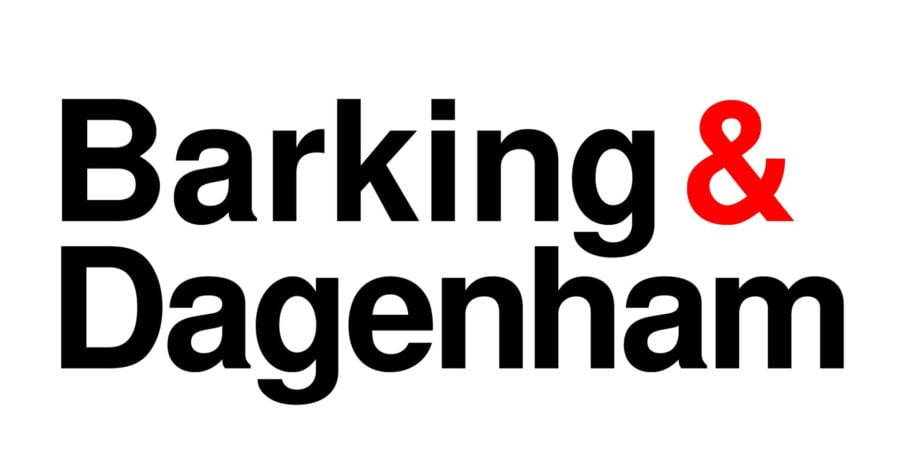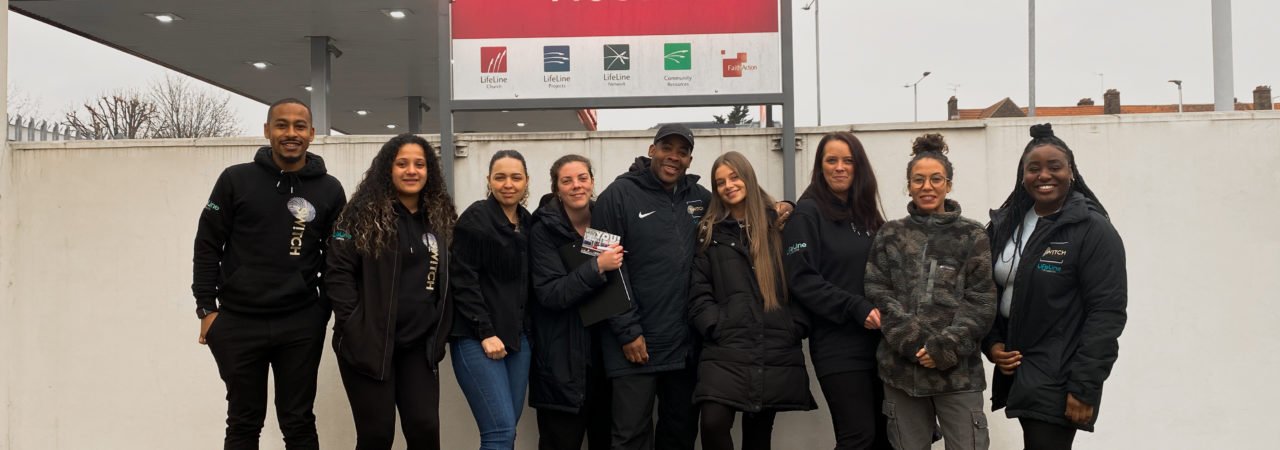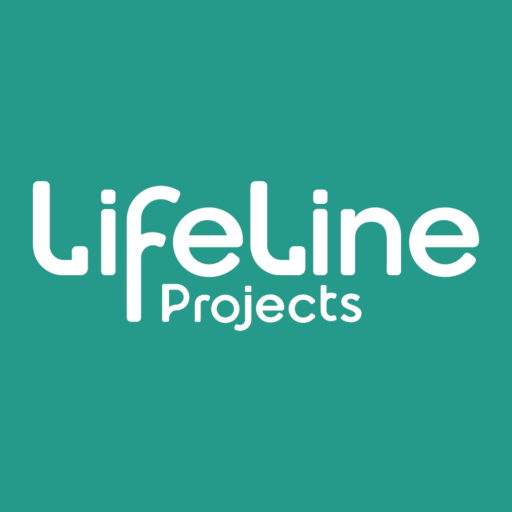LifeLine is pleased to announce that our capacity building programme, SW!TCH Communities, has received extra funding from London’s Mayor’s Office for Policing and Crime through the Violence Reduction Unit and the local councils of Barking and Dagenham, Redbridge, and Havering. The programme will now be extended to 31 Mar 2023.
I had no idea all of this existed—we need people like you to look out for us. No one ever wants to just chat but I know I can chat with you!
Resident, Havering
Great work, you’re always looking out for us!
Resident, Redbridge
I’ve been looking for something exactly like this to get involved in, something for the community I grew up in and love, that just needs a little love.
Resident, Havering
The capacity building team has been supporting and strengthening the local communities to respond to serious youth violence. Our team has connected with local community leaders and existing groups and local panels to discuss local needs, formed a local Response Group, held coffee mornings and door knocking to consult with local people, held outreach sessions in local schools to garner young people’s views and engagement in training and delivery, conducted resident and stakeholder surveys, organised community-led meetings, and provided training workshops for the community.
The main aim of all of the capacity building activities is to ensure that communities can protect and support young people who might be at risk of violence.








The programme's targets are:
- Young people leading change
- Developing grassroots led response to serious youth violence
- Understanding of, and responding to, local tensions
- Reduction in local serious youth violence incidents and those perpetrated by local residents elsewhere
- Reduction in re-offending and an improved take up of pro-social activities by young people
Activities include:
- Connecting with local community leaders and existing groups and local panels to discuss local needs, share project plans and form a local Response Group
- Drop-ins, coffee mornings and door knocking to consult with local people
- Extended youth sessions through detached, outreach in local schools to garner young people’s views and engagement in training and delivery
Training will be given on:
- Building a stronger community
- Could you mentor a young person locally?
- Do you want to know how to respond to youth violence?
- Teaching you to recognise when young people are at risk and how to support them
- Understanding trauma training
- VIP training: how to be a mentor
- StreetDoctors first aid: how to stop a bleed
Please get in touch if you’d like to be part be part of the capacity building programme. We’ll teach you all the skills and knowledge you’ll need to support young people in your local area.



